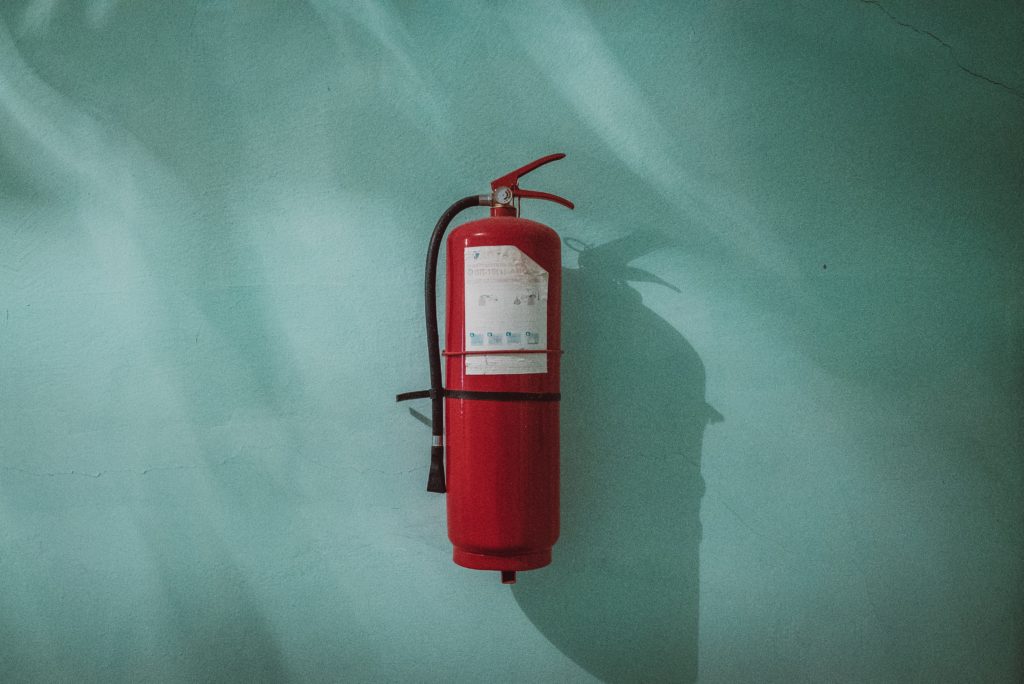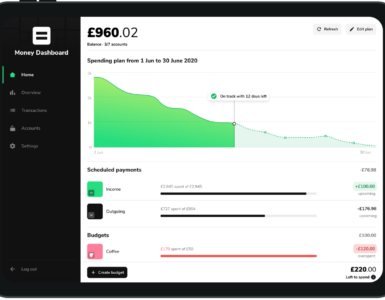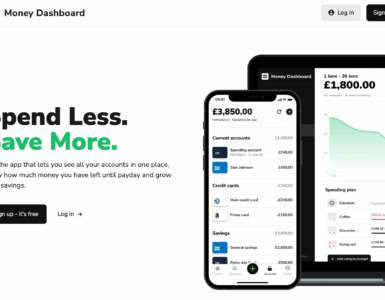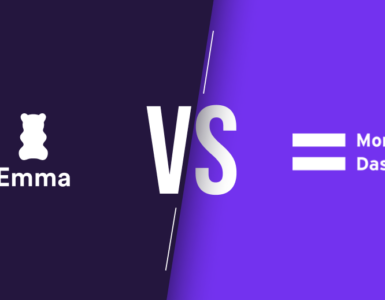Millennials are well known for being incapable of saving or investing; these two topics are extremely disconnected from this generation. The reason behind this is that Millennials are victims of common financial vices, such as spending money in coffee shops, ordering take-out food or dining at a restaurant. These are all part of the most common money leaks we have already talked about.
Having an emergency fund in your early 20s shouldn’t even be an option, but a must. The aim is to have some money aside that can be helpful in case of an emergency. This will protect you and help keeping your finances on track. If life hits you with unexpected or big expenses, a fund will act as a financial buffer. Instead of spending the money you saved for other goals, you can use this buffer to cover the unexpected.
Start with an emergency fund of at least £1,000
A starting point is £1,000. When you get your first job, if you are lucky, you might have a “relocation” bonus. You can take a small portion of this to put it aside. If you don’t have a savings account, it might be worth to open one, just to separate your liquidity. On the other hand, if you don’t have a bonus, which is likely, work hard in the first three months to quickly build up to this number.
If you have just started working, after University, chances are your salary sits between £21k to £45k. This really depends on your profession and location. A £1,000 are probably enough to cover the minimum or a month of living, if you are not in London. 😉
Grow it to 3 to 6 months worth of expenses saved
The next step is to grow £1,000 to 3 to 6 months worth of expenses saved. This means if you get fired today, you have enough money to survive for the next six months. The aim is to prepare for some unexpected events, such as unemployment. We hope it doesn’t happen, but being a bit paranoid, at first, is always a good thing. If you live in an expensive city, this number will probably be around £7,000.
The number is really high and you can reach it at different speeds, based on your salary. If you are single, with no kids, and have just started working, it will be much easier. This will probably take between 2 to 4 years.
Put 10 percent of your income aside
This should be the rule after building the minimum emergency fund of £1,000. 10% is a suitable number and is doable regardless of what you are doing. If you see you can’t make it, look at your money leaks or vices, and iterate to see if you can improve. With this, you will reach the magic number of £7,000, even with minimum wage.
It’s common to keep the 6 months buffer there, once reached. You might need to build it up even more if you have a family or your monthly expenses increase. This is a requirement for anyone, but in particular for freelancers. This group of people has a really unstable and dynamic salary, which is really a bad thing when it comes down to financial planning. That’s why banks struggle to give them loans.
Reaching the 6 months goal gives you a good emergency fund, which means you can now focus on other aims. If you want to save for a car, a house or anything you want in life, use the same basic principles and build up another fund to get what you want. 🙂







[…] there is still a chance to put some money aside. The first reason why you should save is to have an emergency fund that can help you in the worst scenarios. The second is goals, have you ever wanted to achieve or […]
[…] is why. The answer is really simple. You can start working on the things that matter, like building an emergency fund, before getting a job, or preparing for the next cool holiday in Ibiza. This can give you an extra […]
[…] might end up with no emergency fund for a short period, but if the worst happens, you can still fallback to your overdraft. After […]
[…] of the issues many people don’t think about when budgeting are unexpected expenses. These can be smaller or bigger expenses but can very much hinder your plans and make you lose […]